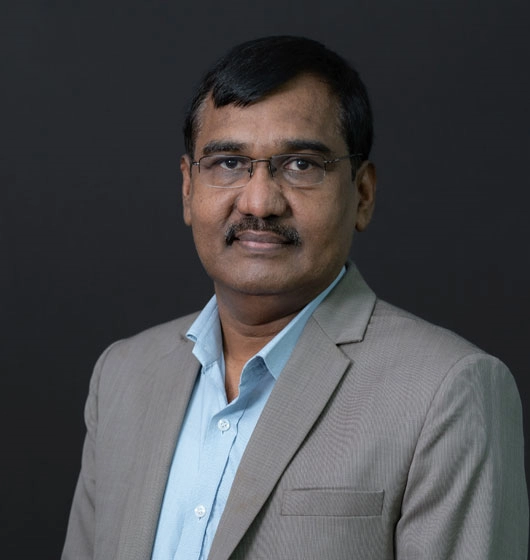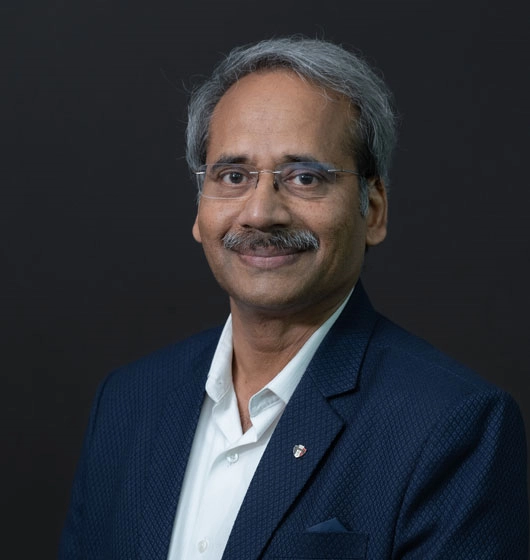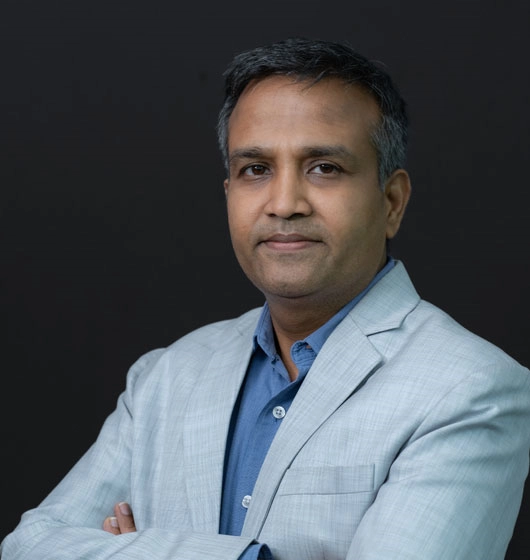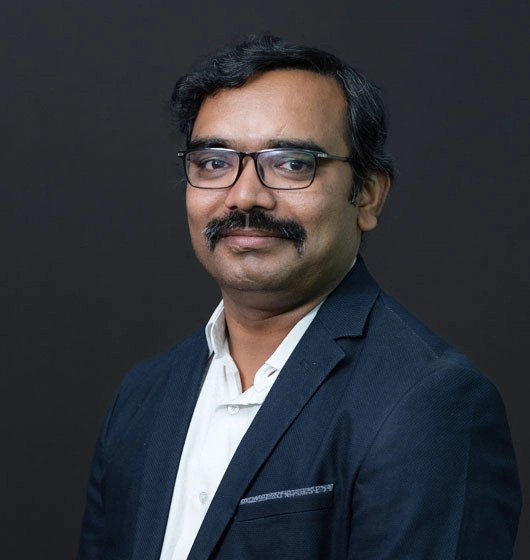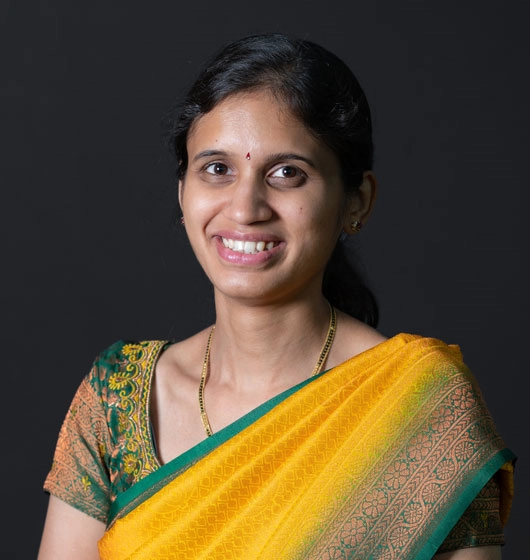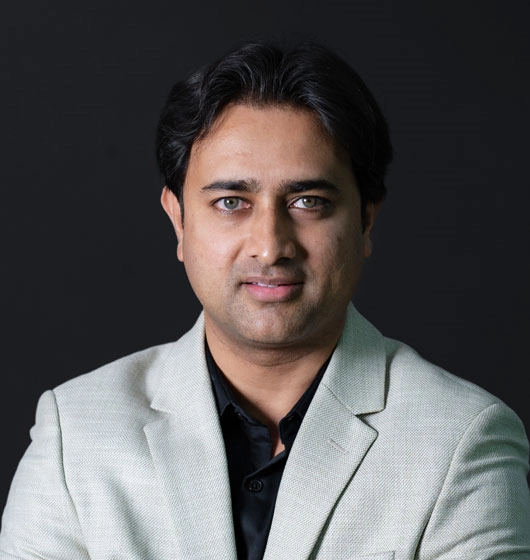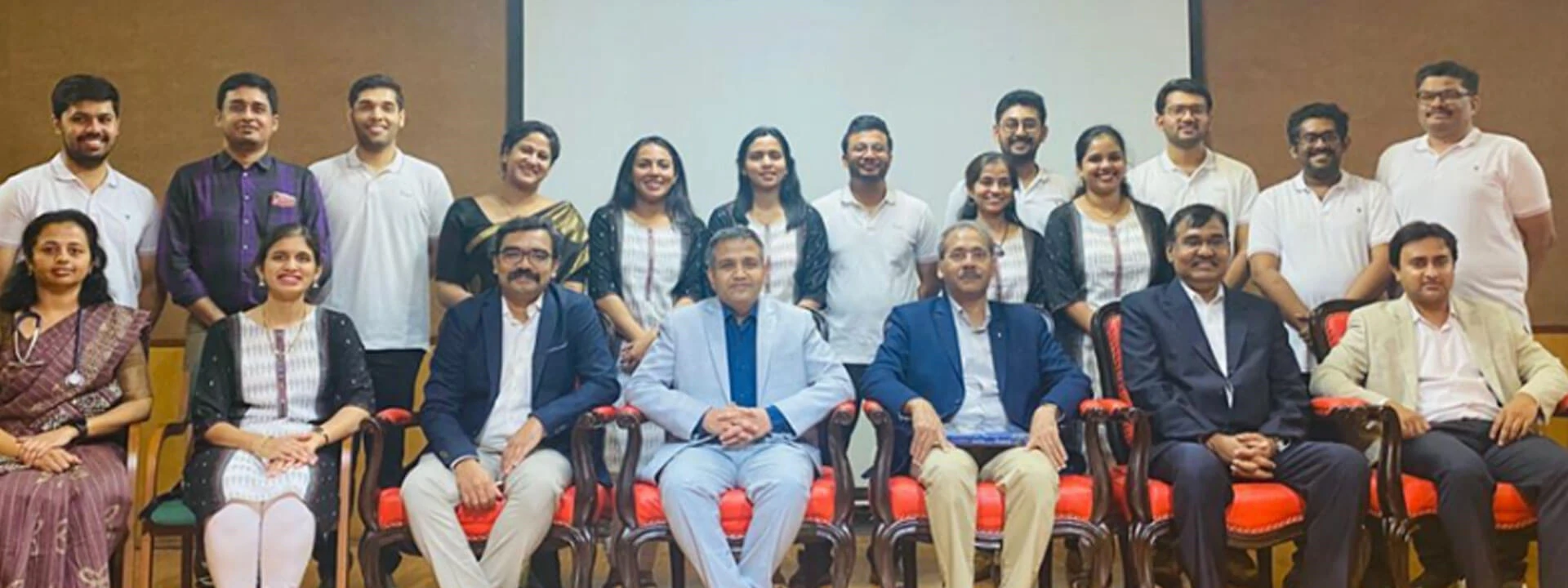
Department of Nephrology
The department of Nephrology is well established and deals with all ailments related to kidneys.
The department has an active DM nephrology program. All facilities and latest equipment required for the treatment of kidney problems are available in the department.
The department of Nephrology in our hospital was first established in 1985.
Regular in-patient dialysis services are being offered. Continuous Renal Replacement Therapy (CRRT) and slow low efficiency dialysis (SLED) was made available in 2009 and is being offered to selected hemodynamically unstable patients in the intensive care unit. Dialysis unit is one of the few centers in the city to use single-use dialysis, which is now the standard of care for all dialysis patients. Acute and chronic hemodialysis catheter placement, CAPD and Renal biopsy are also offered by the department, thus encompassing comprehensive care of kidney diseases.
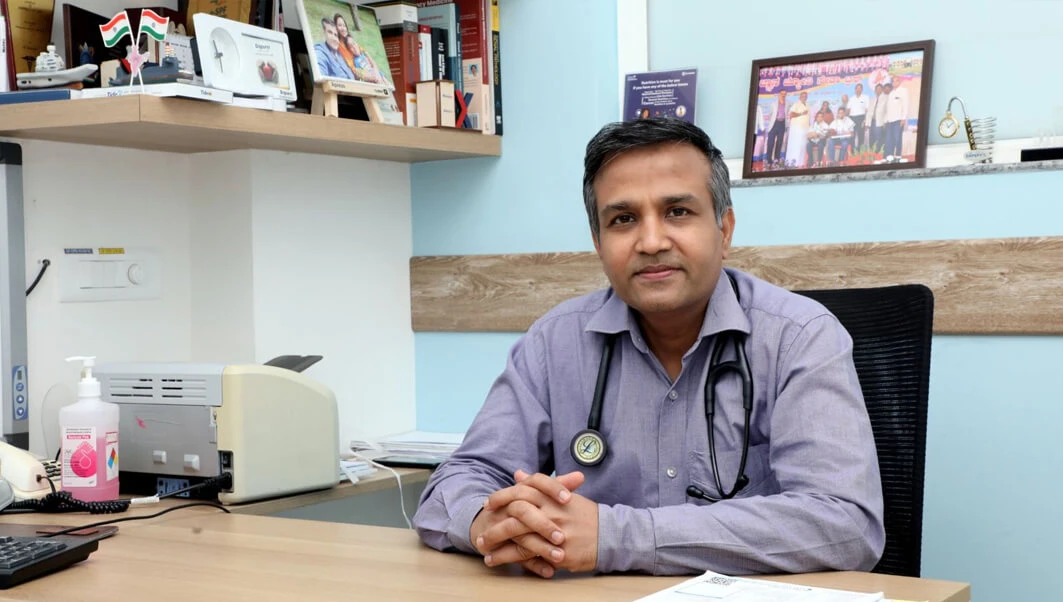
Services
- Consultation(out patient) and expert advice for kidney problems.
- Inpatient care .
- Kidney biopsy.
- 24 hour BP monitoring (ABPM).
- Catheter insertion for dialysis- Short term and Long term (Tunneled) catheters.
- Hemodialysis- 24/7.
- Peritoneal dialysis.
- Critical care nephrology.
- CRRT.
- Plasmapheresis.
- Preventive nephrology.
- Geriatric nephrology.
Training
We have a well-established DM Nephrology program which was started in 2011. Initially we had an intake of 1 candidate per year, which has now increased to 5 per year. Eleven DM students have been trained until now and all are well settled.
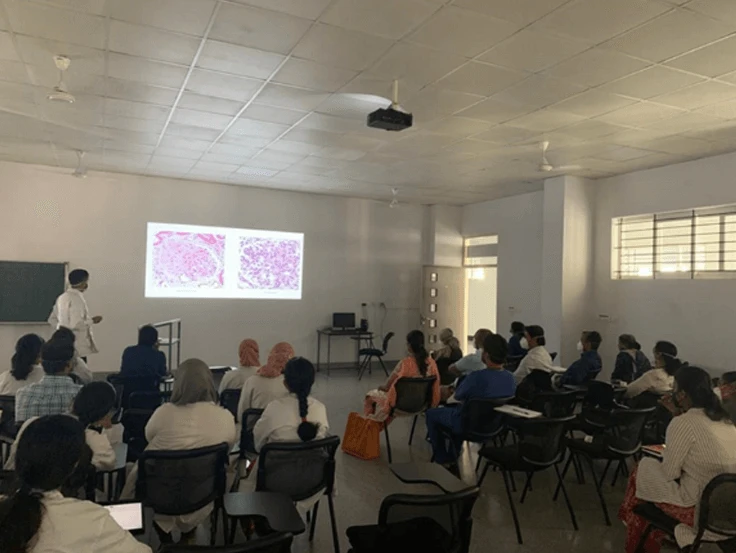
Nephro-Pathology CPC
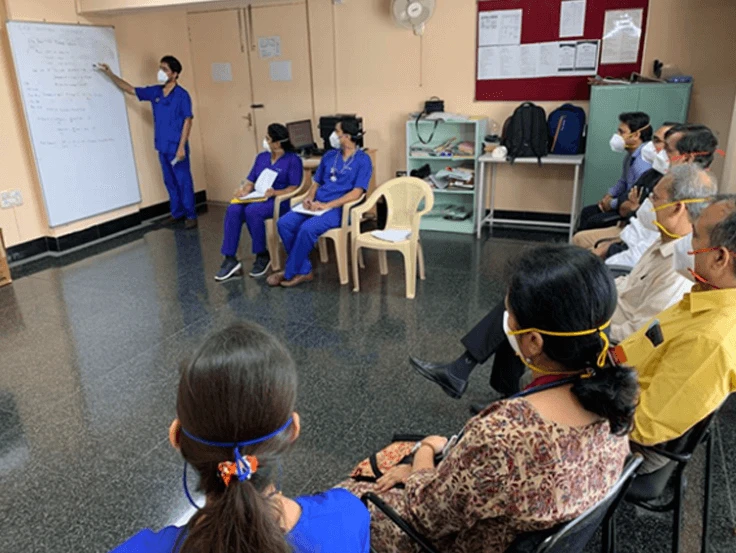
PG Case Discussion
DM Nephrology Training Programme:
- Case presentations.
- Subject Seminars.
- Journal Club.
- Grand Rounds.
- Dialysis Rounds.
Monthly Interdepartmental Meet
- Nephro -Uro Transplant Meet.
- Nephro- Radiology Meet.
- Nephro- Pathology CPC.
Research & Advancements:
The department has an active research programme encompassing all aspects of nephrology and dialysis. Our faculty and students are active in research and publications. Currently, we have 80 publications in various national and international journals, 8 ongoing projects and 5 clinical trials. We encourage our students to participate in various national and international conferences for oral/poster presentations and they have brought laurels to the department and to the institute.
Patient Education & Information
Know your Kidneys:
Kidneys are 2 bean shaped organs situated on either side of the spine. Each kidney is about 10 cms long and weighs about 150g. Kidneys are vital for the normal functioning and maintaining balance within the body. Each kidney has about 1 million filtering units called Nephrons. The important functions of the kidneys are-
- Removal of waste products from the body.
- Removal of excess water from the body.
- Removal of excess salt from the body.
- Control of Blood pressure.
- Maintenance of electrolyte balance.
- Maintenance of Acid-Base balance.
- Maintenance of bone health.
- Involvement in production of blood cells.
- Important in production of few hormones and vitamins like vitamin D3.
Problems that can be noticed when a person has kidney disease:
Kidneys like many other organs in the body is very efficient and has a lot of reserve function. Hence the kidney problems will go unnoticed for a long time till about 70-80% of the kidneys are damaged. The common problems that can be noticed are-
- Weakness and tiredness.
- Loss of appetite, Nausea (vomiting sensation) and Vomiting.
- Swelling of feet and swelling around the eyes.
- Frothy urine, Blood in urine.
- Decreased urine output.
- Increased frequency of passing urine especially at night.
- Anemia- decreased blood hemoglobin level.
- Itching .
- Dull and dry skin.
- Uncontrolled blood pressure.
Protect your kidneys:
- Adequate water intake- For a normal person 1.5 to 2.5L per day.
- Monitor and Control of Diabetes.
- Monitor and Control of Hypertension.
- Reduce salt intake.
- Avoid NSAIDs (pain killer medicines).
- Stop Smoking/ all forms of tobacco use.
- Avoid herbal remedies.
- Avoid high protein intake.
- Healthy diet.
- Moderate exercise- brisk walk of minimum 30 minutes 5 days a week.
Prevention and treatment of Kidney diseases:
As the kidney problems can go undetected for a long time it is important that the ‘’High risk individuals’’ undergo kidney function check-ups periodically. Simple tests like serum creatinine and Urine routine test can help in detection of kidney problems. The high risk individuals who should undergo screening are the persons with-
- Diabetes.
- Hypertension (High BP).
- Family history of kidney problems.
- Repeated urine infections.
- Kidney stones.
- Long term pain killer medicine use.
- Obesity.
The Kidney diseases can be prevented or controlled to a large extent by following the measures as elaborated in the beginning. There are few medicines which can help in controlling the kidney problems which need to be taken as per the Nephrologist’s (Kidney specialist) advice. Once the kidneys fail completely, even at that stage the patients can continue to lead a productive life by adopting methods like- Hemodialysis, Peritoneal dialysis or Kidney transplantation.
Speciality clinics
| Name of the Clinic | Weekday/s | Timings |
|---|---|---|
| Hypertension Clinic | Monday | 10am-1pm |
| PD Clinic | Tuesday | 10am-1pm |
| Transplant Clinic | Wednesday | 10am-1pm |
| Hemodialysis Clinic | Thursday | 10am-1pm |
| AV Access Clinic | Friday | 10am-1pm |
